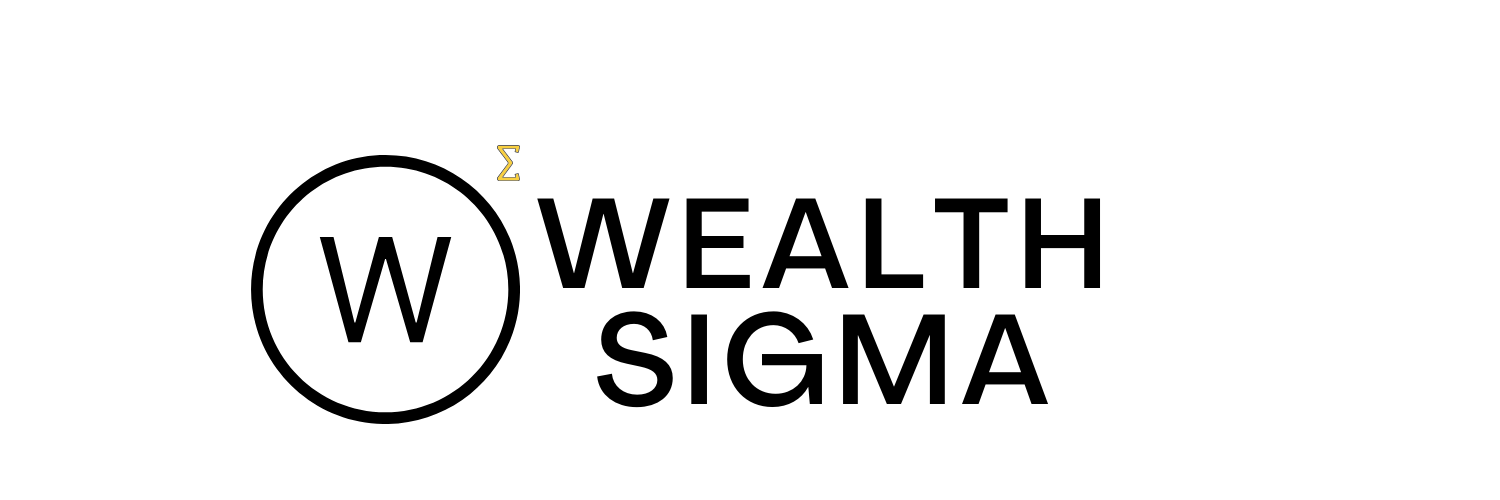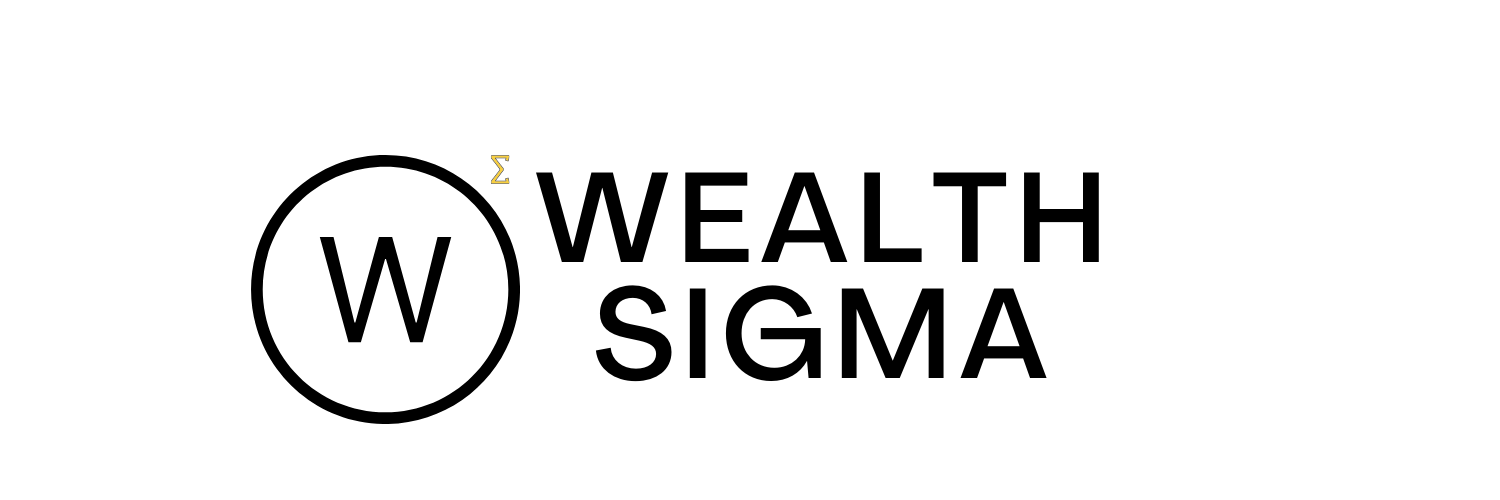Well done, you made it to 2022 and if you are looking at what Business, Finance or Economic books to read, you have come to the right place.
There are many benefits of reading and a few of those include exercising the brain, staying informed, discovering new things and places and escaping the madness around us.
Moving beyond the reasons mentioned above, reading also has a crucial purpose since it allows us to better understand how the world works and gives us an opportunity to form a new perspective and enrich our lives.
Here are 12 books we will be reading this year and they promise to enrich, challenge and motivate you.
1: What It Takes: Lessons in the Pursuit of Excellence by Stephen Schwarzman
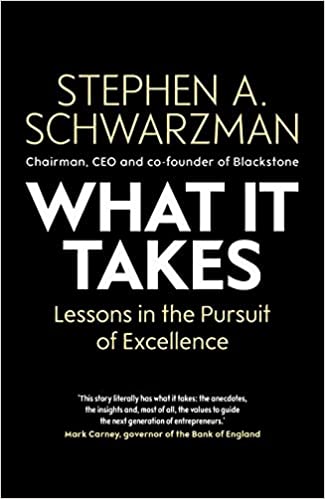
Stephen Schwarzman is the co-founder and CEO of Blackstone and in under four decades, Blackstone has some remarkable accomplishments. From the description we read, Blackstone started with $400,000 and now manages over $500 billion.
In this business auto-biography book, we are introduced to lessons in his early life, the setbacks he encountered and the process that led to the creation of Blackstone which is currently the largest Alternative Investment Firm in the world.
The lessons in this book are sure to inspire you to think big and strive for excellence.
2: The Simple Path to Wealth: Your road map to financial independence and a rich, free life by J.L Collins
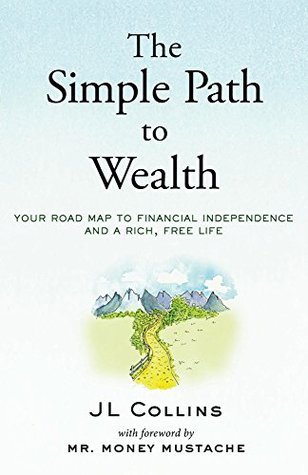
The author introduces us to things we must avoid in order to build wealth and then shares details of things we should do. Simple right? From what we see the language is easy to follow and the principles are well laid out.
Financial advisors and others predators are out there waiting to take advantage of those people who wish to invest but do not have the relevant knowledge. Becoming familiar with the lessons in this book should help remove fear and encourage you to begin to ask the right questions, and looking at the sources that have this information.
3: Principles: Life and Work by Ray Dalio

Ray Dalio founded Bridgewater Associates over forty years ago and today it is the worlds largest hedge fund.
An important figure in the hedge fund world especially from the early days, this books provides an opportunity to understand the principles Ray has developed and applied to his personal life and Bridgewater. It can give us an insight into how this successful hedge fund was built.
4: The Little Book of Common Sense Investing: The Only Way to Guarantee Your Fair Share of Stock Market Returns by John C Bogle
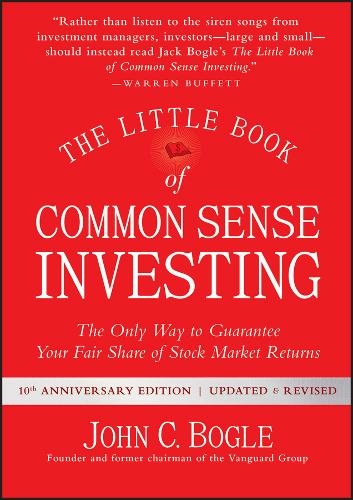
John C Bogle and Warren Buffett are two of the most influential investors in the last few decades and the principle they share investing is distilled in this book. The FIRE movement and passive investing have their foundation in what is outlined in this book.
Are you an active or passive investor or yet to know the difference? We have an article on that topic and the information in this book will help you understand why investing passively in an Index fund is the best way to capture the market performance and minimise risk and guess work.
5: The Creature from Jekyll Island: A Second Look at the Federal Reserve by G. Edward Griffin
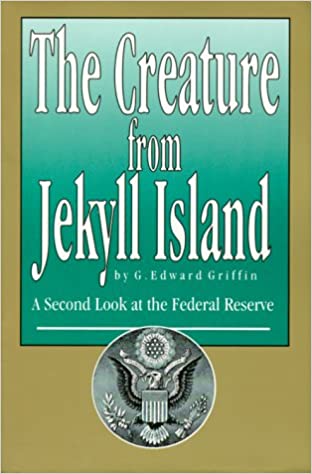
How does the Federal Reserve work? Does it have any owners and are they accountable to the US government? Is the Fed a really a private institution?
With the current state of the economy inflation, how the Central Banks are dealing with rising prices and managing the economy more attention is drawn to the Fed in times like this.
Some readers have mentioned the arguments presented in the book are too one sided and some have been labelled conspiracy theorists.
We expect this book to some light on the origins and inner workings of the Fed and help us decide for ourselves if there is some truth to what is mentioned.
6: The Changing World Order: Why Nations Succeed and Fail by Ray Dalio
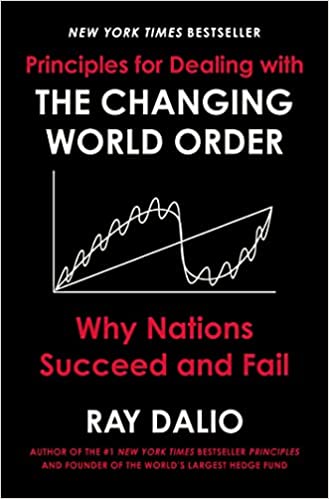
Another Ray Dalio book our list and this time it looks at why nations succeed and fail. Ray offers insight into what he has seen to be the confluence of political and economical insight and how that is shaping the world.
In our article here, we discussed the top trends in 2022 and top of that list was geopolitical trends. It is important to understand how these trends indicate the shift in the balance of power.
The Changing World Order puts into perspective the cycles and forces that have driven the successes and failures of all the world’s major countries throughout history. It provides an insight into why nations fail; so at least we can place our eggs in the right basket for starters.
7: Boo Hoo: $135 Million, 18 Months. . . A Dot.Com Story from Concept to Catastrophe by Ernst Malmsten, Erik Portanger, Charles Drazin
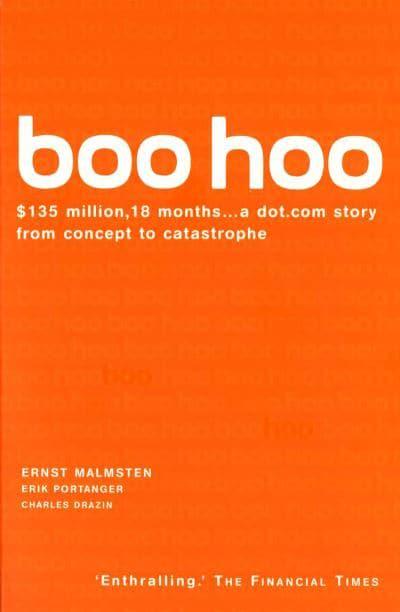
History often repeats itself is how the saying goes. Another quote says history does not repeat itself but often rhymes. Boo Hoo is a story of a company started during the dotcom era and how it went bust.
This book provides a first hand account into how this company went from inception to decimation and we are confident there are many lessons to learn from the demise of this company.
There are many useful lessons to learn from this account.
8: The Little Book of Value Investing by Christopher H. Browne
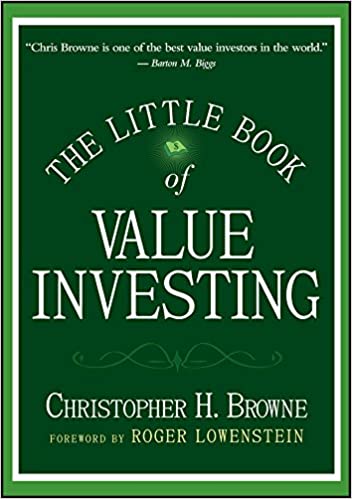
Value investing is one of the investing styles we have covered in this article. This book goes further into this topic as it covers wider aspects of Value Investing.
The Little Book series is an interesting introduction to a topic; the style is simple and fluid making it easy to follow the topic and this book promises to be no exception.
Value investing is an investing style with the primary goal of identifying undervalued companies and investing in them.
9: The Psychology of Money by Morgan Housel

In this book Morgan Housel shares a number of stories which illustrate that being good with money is behavioural.
We are introduced to the idea that wealth, greed, happiness and doing well with money has little to do with what we know and more to do with how we behave.
There is much to look forward to with this book and it will be interesting to uncover how our behaviour and attitude to money can promote or hinder our objective of building wealth.
10: Talking to My Daughter About the Economy: or, How Capitalism Works—and How It Fails by Yanis Varoufakis

Having seen a number of lectures by Yanis Varoufakis, this book comes highly recommended as it provides an insight to his perspective and narrative on how the economy works and how inequality is created as result.
He also discusses how market driven policies are failing to address the environmental issues.
The manner in which this his ideas are delivered is simple, vivid and entertaining so this should be an interesting read.
11: A Template for Understanding Big Debt Crises by Ray Dalio
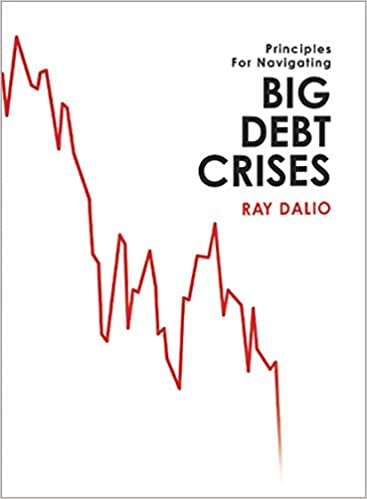
In this book, Ray has studied the patterns and relationship between how the economy works and debt. He goes further to explain how big debt crises can be managed properly in the future.
He shares his template for how debt crises work and how to deal with them effectively in order to benefit from the crises.
In this period of high inflation and low interest rates, there will be useful lessons we can learn from the past that can better serve any savvy investor.
12: The Little Book That Builds Wealth: The Knockout Formula for Finding Great Investments by Pat Dorsey
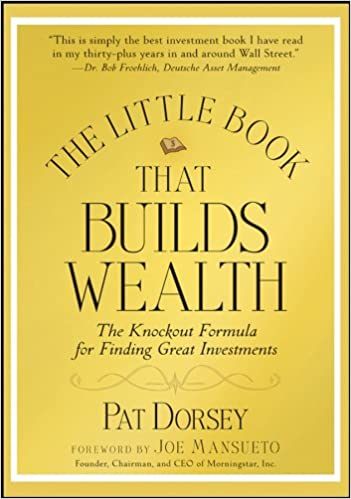
Pat Dorsey is the Director of Equity Research at Morning Star and in this book he reveals why competitive advantages or economic moats are good indicators of a company’s long term success. As an investor, this is useful to know.
The four most common sources he mentions are Intangible Assets, Cost Advantages, Customer-Switching costs and Network Economics. He further mentions how these can be applied to your own investment endeavours.
